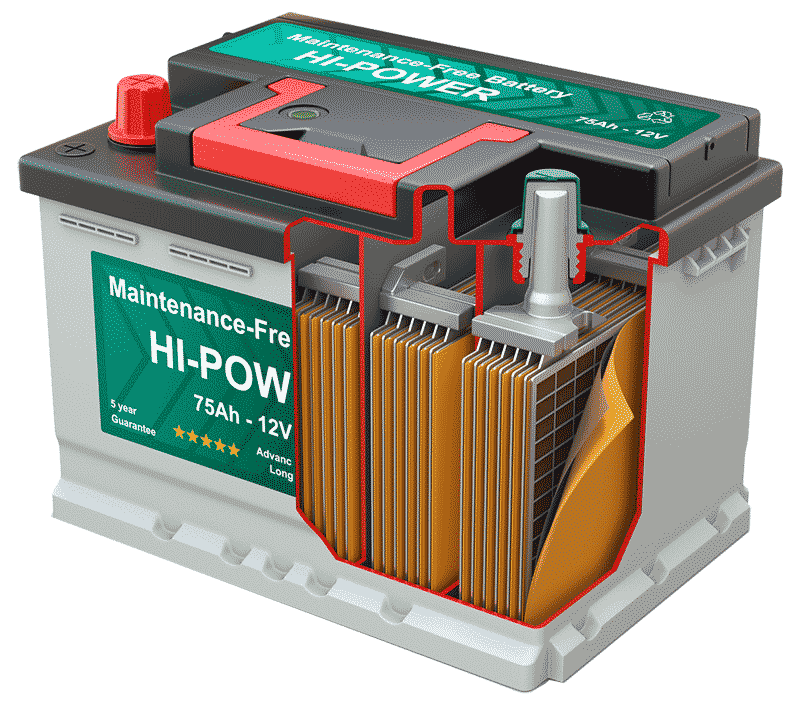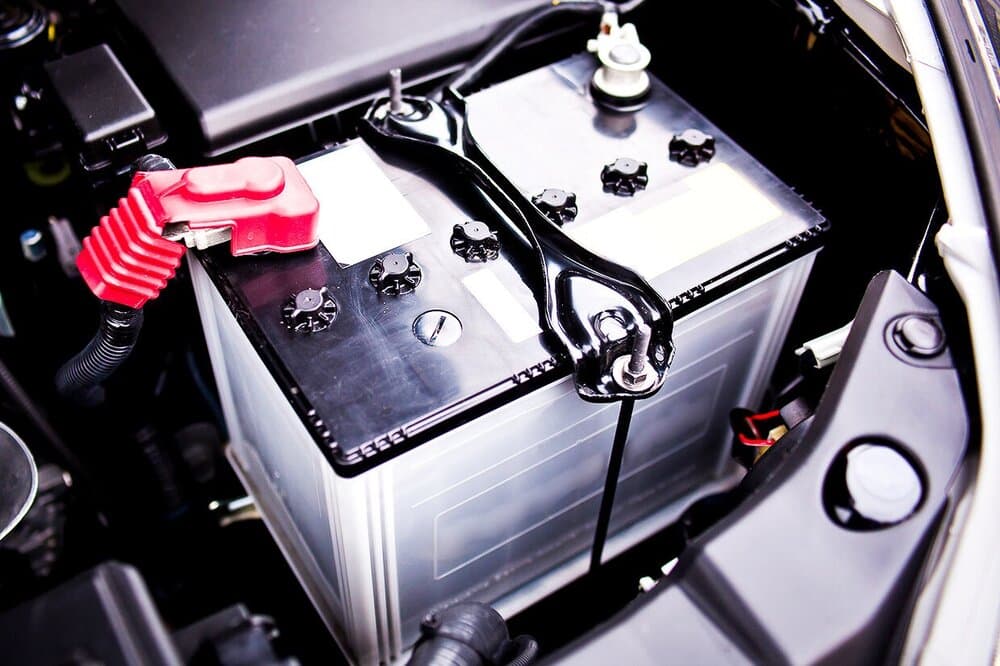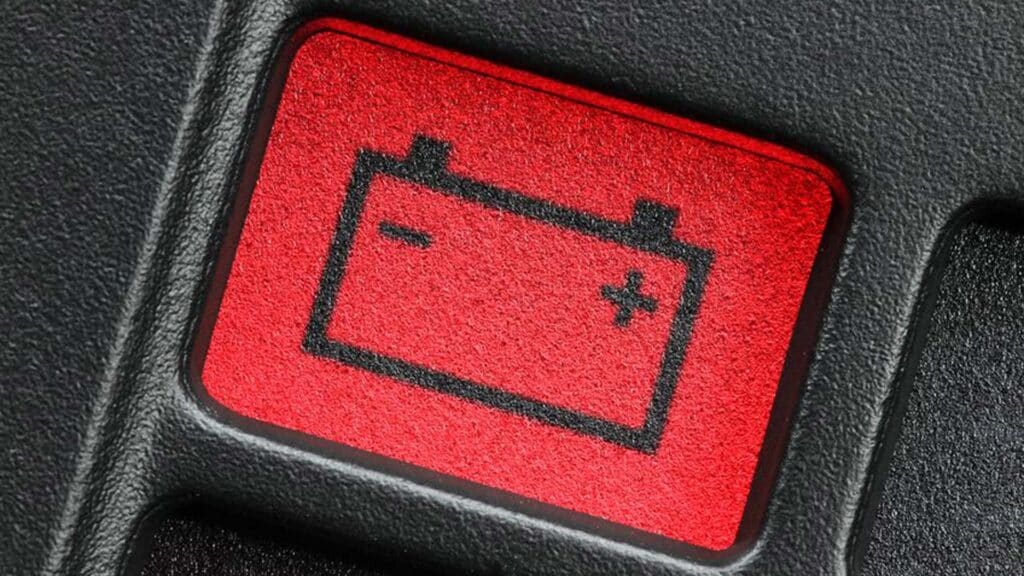The Top 10 Best RV & Auto Batteries
“We’ve compared the best RV and Auto batteries available at the most competitive prices.”

Best RV & Auto Battery Reviews
If you think about it, the best RV and auto batteries are lithium-ion, lead-acid and nickel-metal hydride. These seem to be the most common types of battery used in cars. There is a lot more out there, but this gives me a good foundation for my response. Lithium-ion batteries are commonly used in electric vehicles. A good example is the Chevrolet Volt and the Tesla Model S.
Lithium-ion batteries have a lot of advantages over their competitors, such as nickel-metal hydride and lead-acid. First, they can store much more energy per unit mass than other types of RV and auto batteries. Second, lithium-ion batteries are much lighter than different types of RV batteries. In the case of the electric Chevy Volt, for instance, its 660-pound battery pack is about a third of the weight of an internal combustion engine.
Third, lithium-ion batteries are much safer than other types of RV and auto batteries. They can withstand more abuse before catching fire or exploding. This is because they use very different chemistry for storing and releasing energy than lead-acid and nickel-metal hydride. Fourth, lithium-ion batteries are more durable than other types of car batteries. They can withstand many more charge and discharge cycles than lead-acid or nickel-metal hydride. Fifth, lithium-ion batteries are much more potent than other types of auto batteries. They can store and deliver a lot more energy per unit volume. This allows electric cars to have high-performance engines.
- Rechargeable: Yes
- Voltage: 2.3V
- Capacity: 42Ah
- Continuous Discharge: 400A
- Size: 66.0*160.0mm
- Rechargeable: Yes
- Voltage: 3.7V
- Capacity: 42Ah
- Continuous Discharge: 400A
- Size: 66.0*160.0mm
- Rechargeable: Yes
- Voltage: 3.7V
- Capacity: 50Ah
- Continuous Discharge: 50A
- Size: 27.0*148.94mm
- Rechargeable: Yes
- Voltage: 3.7V
- Capacity: 45Ah
- Continuous Discharge: 675A
- Size: 66.0*160.0mm
- Rechargeable: Yes
- Voltage: 3.7V
- Capacity: 50Ah
- Continuous Discharge: 300A
- Size: 27.0*148.94mm

How Do The Best RV and Auto Batteries Work?
First, you need an RV and auto battery charger to charge the battery. Second, for the battery to be charged, it needs an alternator or some other device that uses electricity from another source of power. Thirdly, batteries are handy because they can store energy and can release it when needed.
An RV and auto battery provides the vehicle with electrical power. Car batteries are filled with lead and calcium, which is used to create a chemical reaction that produces electricity. The chemical reactions inside of an actual car battery happen when you put energy into it by turning on your headlights or running the air conditioning system. Still, to get this energy from a dead battery, we must use jumper cables to hook up another car’s battery, which has more charge.
The Batteries Designed for RV and Auto are Engineered Differently.
The RV and auto battery is designed differently because it’s intended to be a battery. It will require at least one lead-acid cell, but most often, several of these cells are used together for greater capacity or voltage. These cells are combined and enclosed in an outer container with various features such as terminals to connect the cells to the circuit or build-in protection circuits that prevent overcharging of the batteries.
It’s designed differently because it is different. Batteries are not like most electrical components. They can’t be treated the same way. The battery must have a proper charge level before use and also requires periodic maintenance to maintain its life. They are designed differently because they serve different purposes. A battery is typically used as a power source for electrical components, while a resistor or capacitor may be used in the same application. Batteries are designed differently because they serve different purposes. A resistor or capacitor will often be used in the same application as a battery, but their designs are very different.

How Long do RV and Auto Batteries Last?
The average life-span of a RV and auto battery is around five years. This is because you have to consider many factors, such as the quality of the brand, your driving style, and how often you drive. Also, if you are someone who likes to move around a lot, then it is likely that your battery will wear out faster. So, for example, if you drive an average of 100 miles per week and have good driving habits and maintain the car well, then closer to 6 years is about right.
But if you have a lead foot and drive on the motorway, then it could be as low as three years. Someone who rarely goes, then it would probably last seven or even eight years. And one more thing. If the battery is of used condition, then its lifespan will be lower than if it was new and unused.
Batteries are crucial for cars. Without a battery, you cannot start the RV and auto and drive it around, at least without a jumpstart. So to find out how long they will last, one must consider many factors. By considering factors such as the type of battery, your driving habits, and how often you drive, it can be said that the average life-span is between 5 to 8 years.
Where Are RV and Auto Batteries Mostly Made?
Manufacturing of RV and auto batteries is done in the Far East. There are typically two or three places that manufacture them from beginning to end. One business may do everything, but they contract out certain parts of the process if their facilities aren’t large enough. The first place that makes the batteries is in China. They have several different manufacturers all over the country. Some are state-owned, some privately owned.
They have a lot of the raw materials that they need to make RV and auto batteries. This is one reason why they became so popular in China, no matter what happened with manufacturing patterns across the world. China has a lot of people, and they are industrious. They have been able to make batteries for the cars designed and made across the globe.

How Much Do The Best and the Worst RV and Auto Batteries Cost?
There is a good deal of energy in RV and Auto batteries, especially when they are new. The battery must be replaced as it becomes less able to provide power to the motor that turns the wheels so one can drive around town and go from place to place. It is vitally essential for humans to have access to this ability.
The price of an RV and Auto battery indicates the energy it can provide to a motor. The more powerful a battery is, the higher its cost is. Since humans can move around towns and drive our cars, we can get from place to place. This ability is very convenient. We manufacture Car batteries in large factories. The raw materials for the car battery come from mines and also from gas wells.
Since the price of an RV and Auto battery is so high and requires many people to work in mines and wells for days or years to extract raw materials that will be used to manufacture batteries, we can say it costs humans an incredible amount of effort. The cost of a car battery must be high to reflect the amount of effort it takes to create and extract raw materials, produce batteries, distribute them throughout towns and cities, etc.
- Rechargeable: Yes
- Voltage: 2.3V
- Capacity: 42Ah
- Continuous Discharge: 400A
- Size: 66.0*160.0mm
- Rechargeable: Yes
- Voltage: 3.7V
- Capacity: 42Ah
- Continuous Discharge: 400A
- Size: 66.0*160.0mm
- Rechargeable: Yes
- Voltage: 3.7V
- Capacity: 50Ah
- Continuous Discharge: 50A
- Size: 27.0*148.94mm
- Rechargeable: Yes
- Voltage: 3.7V
- Capacity: 45Ah
- Continuous Discharge: 675A
- Size: 66.0*160.0mm
- Rechargeable: Yes
- Voltage: 3.7V
- Capacity: 50Ah
- Continuous Discharge: 300A
- Size: 27.0*148.94mm
Read RV and Auto Battery Reviews Before You Buy Them(to Avoid Problems!)
RV and Auto batteries seem to be a big problem for many people. I believe that the solution should ultimately come from similar issues that have already been solved with today’s technology: battery advancement, solar and wind power generation, better public transportation government policies regarding pollution reduction (cars are not only a distraction because of their size and limited road usability but also because they pollute excessively), etc. So as you can see, the problems with car batteries are very complex, and there is no one easy solution. I believe that all of these issues need to be addressed in different ways for a lasting solution. Still, it will likely involve some combination of technological breakthroughs (battery advancements, solar energy technology advances), better government policies on cars, and pollution reduction. I believe the most significant issue to solve in this case is government regulation. I suspect that until the government gets more involved and policies are implemented regarding pollution reduction (perhaps some sort of tax on emissions), people will continue to buy cars, and thus need car batteries while polluting excessively.